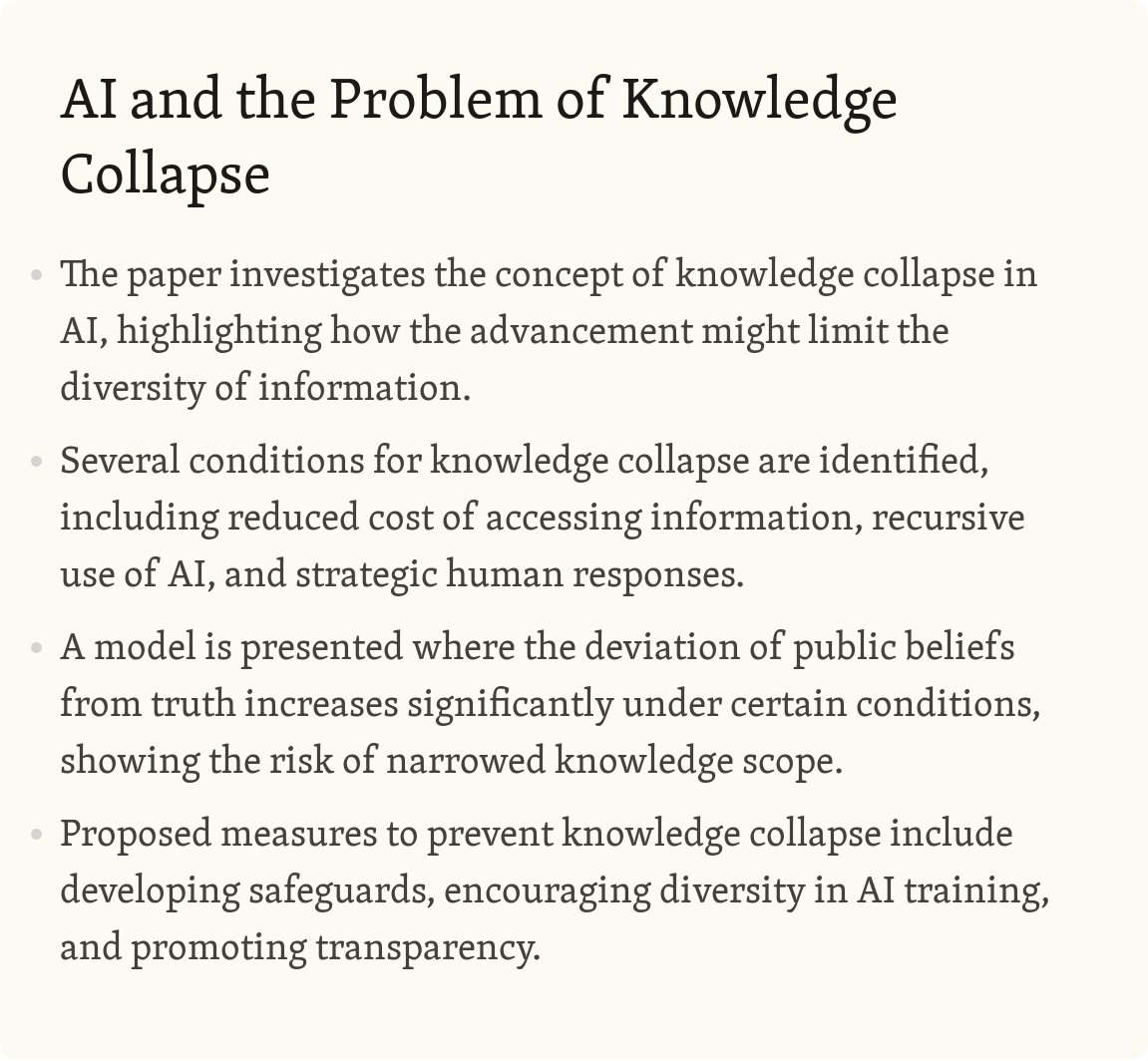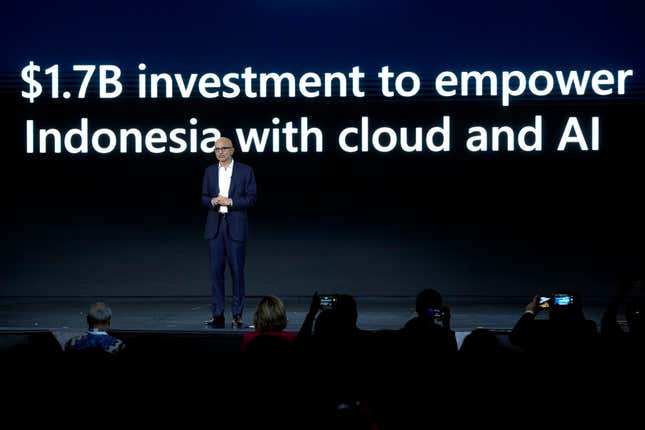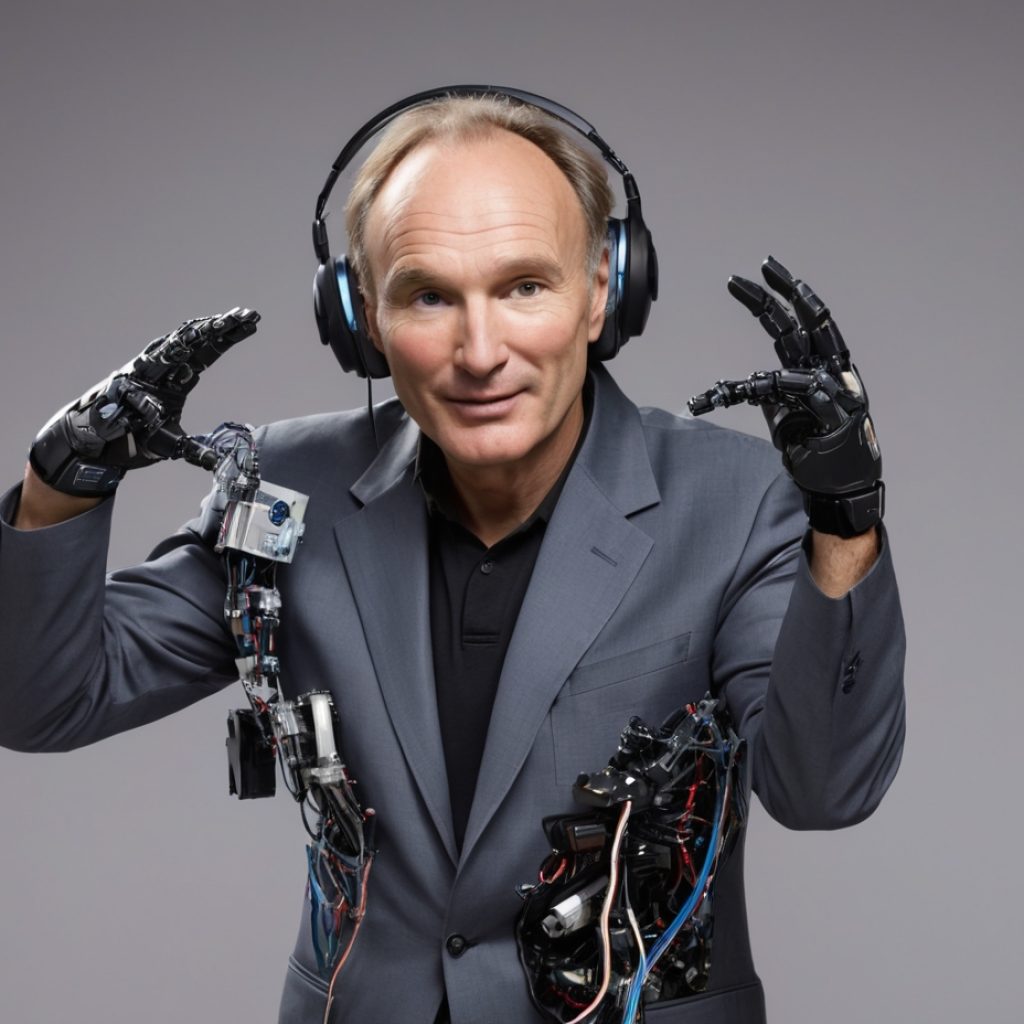Andrew J. Peterson, a researcher at the University of Poitiers, recently published a study that has created buzz on various platforms, including Hacker News and Reddit.
Peter argues that this “knowledge collapse” could come about from our continuous growing dependence on AI systems, among them, language models and knowledge bases, which fill our information needs. It follows that computerized AI’s may help people get feathermore conventional wisdom while there is a risk that the ideas, unique and deviant, essential for development are neglected and forgotten.
Understanding Knowledge Collapse
As knowledge becomes increasingly compressed and people continually experience a narrowing bandwidth of information while concurrently perceiving less value in using diverse information store, Peterson introduces cognitive collapse as a progression.
This occurrence, however, is not only an obstacle to the innovative ideas that make a great leap forward but dangerous to the very condition which is crucial to the finding of breakthroughs in all fields – the diversity of human thinking.
The research paper explains how AI systems, if devote attention to the data stream that is must-read and numbers crazy popular, can bring about the situation where unconventional knowledge—the right food that creativeness relies on and innovation depends on—gets left out.
Peterson does not hesitate in cautioning us that if we depend more and more on these AI technologies to select our knowledge, we will see ourselves locked in a “choir of conformists” being left with only a constricted range of understanding and imagination.
Navigating AI bias towards knowledge
In the same attempt to find out the real reasons of a knowledge collapse, he devised a simple mathematical model showing the accumulation of knowledge when the AI is used. The implications of his research show that the AI mechanism had just a tiny favor towards the mainstream knowledge significantly affects publicly knowledge distribution and exaggerate the marginalization of the fringe knowledge area.
Also, the model proposes this phenomenon to be extremely fastened by recursive autonomous systems inter-dependency, where mere instilled bias or an error which predisposes an AI to conventionality serves as a template for the next iteration.
In Peterson’s model the incentive in the process of taking academic knowledge on cutting-edge personally is of immense value. The paper states that these incentives would be our only defender from a situation, in which the economic and social pressures would result in the sameness of the thinking patterns and close the doors to the variety of the ideas, which are necessary for the innovative ideas to arise.
Balancing AI reach for enough scale of knowledge
The idea of brainstorming of knowledge is also depicted on the one hand as the possible devastation, but on the other hand the essay explores the ways of preventing this negative impact.
According to Peterson, one of the key issues is bringing together the efforts of both societal and official entities instead of just leaving individuals do everything on their own. Such as, the design of AI systems has the ability to depart from the appointed mission including the niche and uncommon aspects, and the aim is to maintain the whole spectrum of human knowledge not only accessible but valued.
Furthermore, by referring to the fact that the role of decentralized, open knowledge bases as an alternative to the narrowing influence of AI in this regard is also identified as a possible solution. Platforms like Wikidata, arXiv or IPFS could function as propritons against the loss of marginal knowledge, and thus, the tails of big data always will be as exciting and discoverable as there is any new frontier in humanity.
Call for diverse knowledge to sustain human knowledge
Peterson’s paper functions as an eloquent testimony to the value of heterogeneous thinking and knowledge generation, which one needs to bear in mind in the context of human future endeavors and inventions.
With the integration of AI, the process of knowledge gathering will inevitably become more intricate. Thus, maintaining a rich and varied nature of information in this digital world comes as a necessity.
This debate triggered by research brings up critical issues vital to the community; the core element of discussion is what we believe the role of AI in our society to be. With the difficulties of AI integration into our lives, Peterson’s concerns on knowledge collapse serve to make us reflect what to we should do to avoid AI’s position decreasing human knowledge as opposed to increasing it.
Maintaining a well-featured and lively array of ideas in the competition for human knowledge generation in the face of the rapid developments in the field of AI knowledge curation serves as the most difficult problem for the future of our society as a species that continuously Osborn.
News sourced from:https://hackernoon.com/ai-and-the-problem-of-knowledge-collapse





